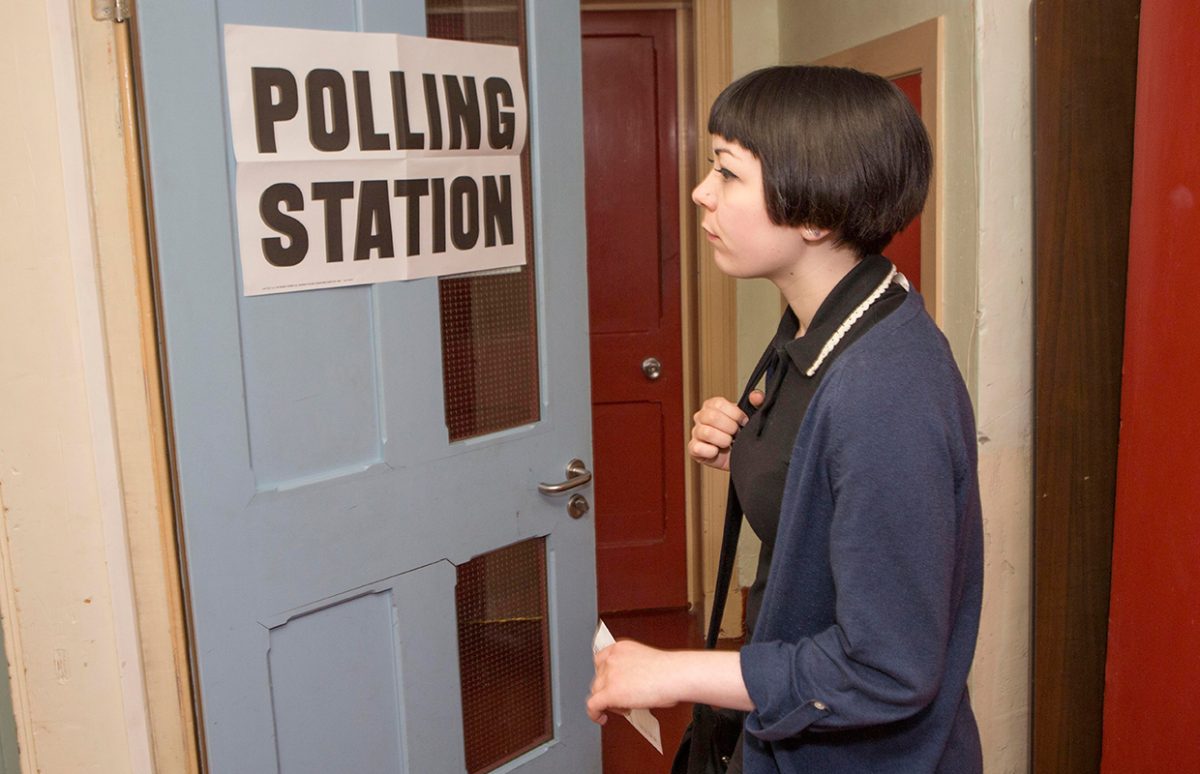The exception seems to be becoming the rule in Britain, where the latest election campaign, just like the last general election and the EU referendum, has not gone the way anyone expected. Britons go to the polls today for the election Theresa May announced on 18 April, and which the Conservatives were expected to win in a landslide.
On 18 April, the Conservatives had a 20 point lead in the opinion polls. Of course, polls have been anything but reliable in the past few years. At the last general election in 2014, they predicted no clear winning party, but a hung parliament with the balance of power in the hands of the UK Independence Party (UKIP). Instead, the Conservatives won a small majority and UKIP only won one seat.
Up until the day before the EU referendum, the polls predicted a win for Remain.
So the easy election campaign in which the Conservatives would show themselves to be responsible leaders and the opposition would be in disarray, hasn't really transpired.
The campaign was interrupted by the two tragic terrorist attacks which took place in Manchester on 22 May and London on 3 June. Ironically the Conservatives, the traditional "law and order party", were attacked for being soft on terrorism by cutting Police numbers... while Ms May was Home Secretary, minister responsible for policing.
Corbyn the Crowdpleaser vs May the Ice Queen
Jeremy Corbyn, the very left-wing Labour leader of the opposition, surprised observers when he was elected leader, and again when he won a leadership challenge after the EU referendum. He is reputed to be popular in the multicultural urban south, much less in the Labour heartlands of the north. But he has seemed in his element all through the campaign, addressing large crowds of enthusiastic supporters and chatting comfortably with pensioners in Manchester and Grime music stars in London.
Mrs May in the meantime has appeared isolated and aloof. The election was presented as her decision, and she has mainly campaigned alone. A last-minute addition of hers to the party manifesto on inheritance tax was catastrophically unpopular with voters and had to be dropped. Her communications advisers convinced her that it was important to get across one clear message in all her media appearances. This was encapsulated in the phrase "strong and stable leadership", which she repeated endlessly.
So as polling stations open on June 8, the results are anything but clear. Opinion polls generally still give the Conservatives a lead but that varies from 6 to 20 points. And with Britain's first-past-the-post, one-round electoral system, overall percentages don't translate at all directly to number of seats in Parliament.
Will the young voters, who signed up to the electoral roll in droves since the election was announced, make a difference? Only time will tell.
Tag(s) : "Brexit" "citizenship" "elections" "EMC" "Jeremy Corbyn" "lieux et formes de pouvoir" "Theresa May" "UK politics"





